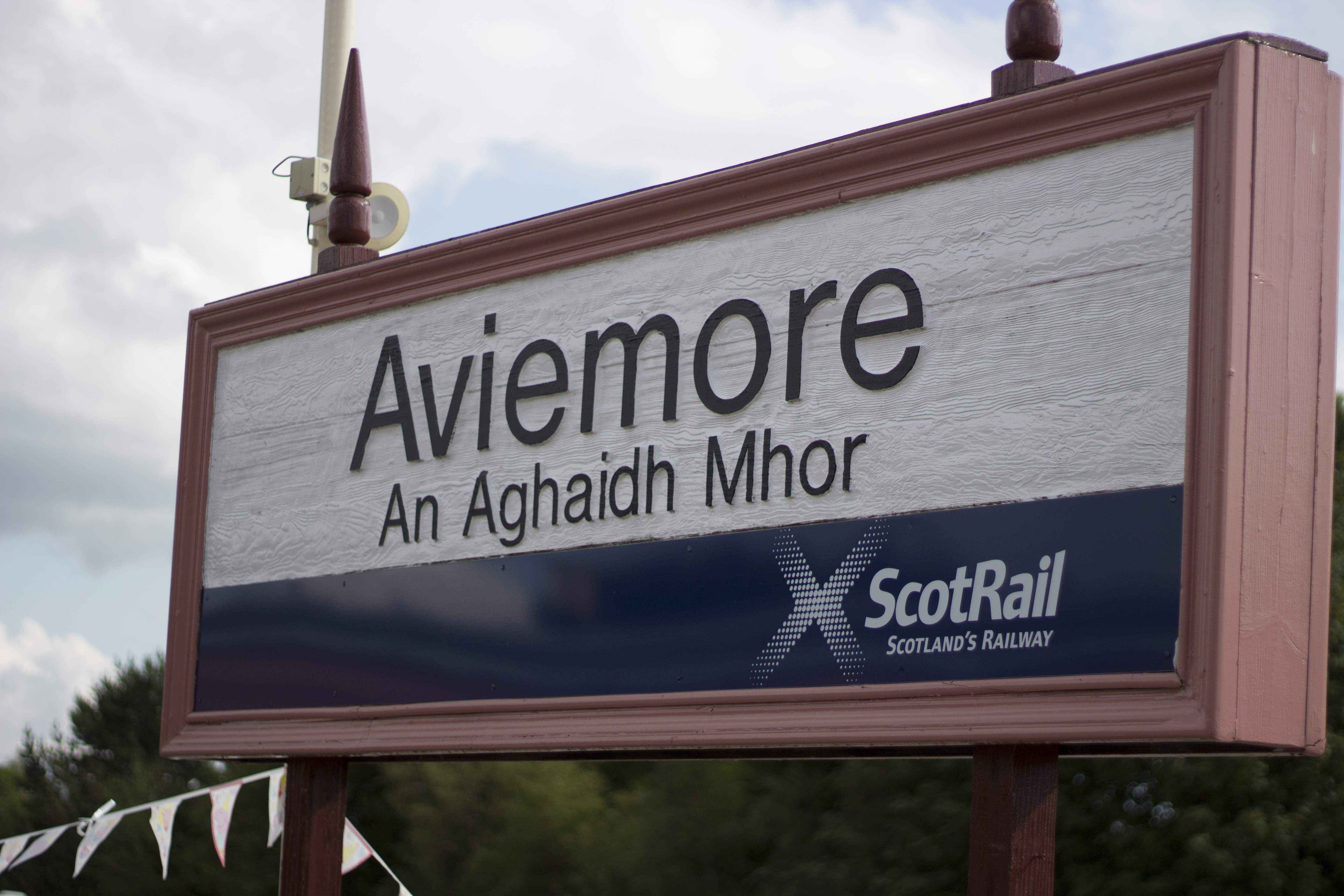Views sought on Gaelic Language Plan for CNPA

Views sought on Gaelic Language Plan for CNPA
The Cairngorms National Park has a rich history associated with Gaelic – it being the dominant language in the area over 1,000 years ago – and now the Cairngorms National Park Authority wants your views on how the organisation should use and develop the Gaelic language in its day to day work.
All public sector bodies in Scotland are required to prepare a Gaelic Language Plan and this is to ensure that everyone plays their part in creating a sustainable future for Gaelic in Scotland.
The CNPA’s second Gaelic Language Plan is now out for consultation and any members of the public or interested bodies are asked to view the document and make comments. The Gaelic Language Plan sets out how the Park Authority will use and develop Gaelic in its everyday work and how the organisation will enable and promote the use of Gaelic when communicating with members of the public and key partners. This includes areas of work such as online communications, the Park Authority’s visual identity, support for related projects in the Park as well as marketing and staff training.
CNPA Convener Peter Argyle said: “The Cairngorms is an area proud of its cultural and linguistic diversity but Gaelic is of particular significance especially when you consider how the language resonates throughout the Park, for example through the names of the hills we like to climb or the names of the villages we live in.
“As an organisation we recognise that the position of Gaelic is fragile and we are happy to play our part in ensuring its survival because the language is important historically and culturally to the Park. However, we do need feedback, especially from those people out there who are passionate about the language, so please do get involved.”
A six week public consultation on the CNPA’s Gaelic Language Plan starts this week. The document can be viewed and commented on via the CNPA website, or can be viewed in the Authority’s offices in Grantown-on-Spey and in libraries and council service points throughout the Park.
Latest from the National Park
In conversation with: Dr Sally Mackenzie
In conversation with Freshwater Restoration Manager, Dr Sally Mackenzie, about her role at the Park Authority.
Pulling together in wake of wildfires
An update from Park Authority Convener Sandy Bremner and Chief Executive Grant Moir on collective efforts to tackle wildfires in the National Park going forward.
Making a difference downstream
Reducing the impacts of droughts and high temperatures.




